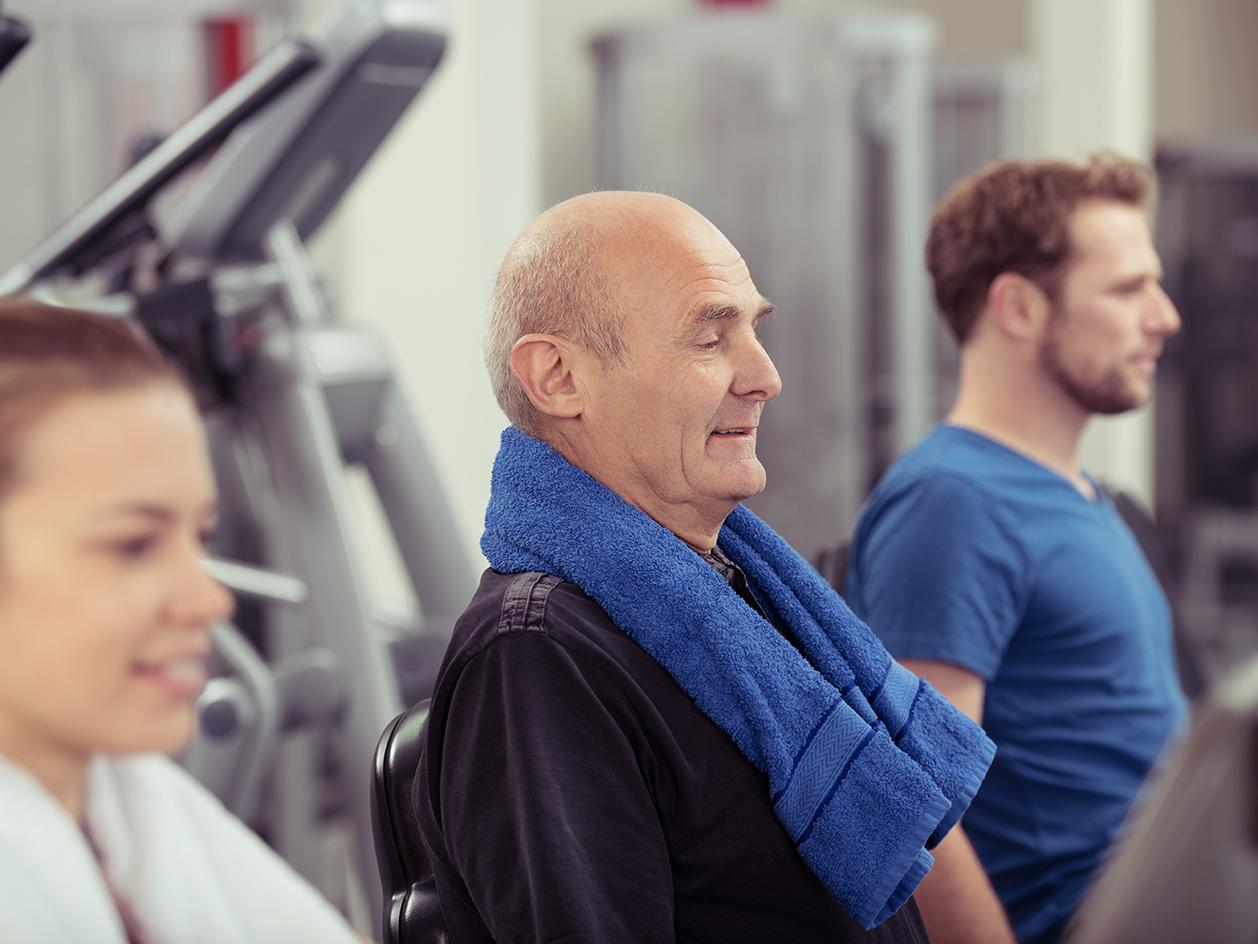Investment in public sport and leisure facilities and services is key to levelling up the health of the nation, tackling health inequalities and supporting climate change targets, according to a new report.

The Securing the Future of Public Sport and Leisure Services report is published in partnership with the Association for Public Service Excellence (APSE) and Chief Cultural and Leisure Officers Association (CLOA). Supported by the Local Government Association (LGA), it evaluates the current state of public sport and leisure services and sets out recommendations to ensure the survival and development of the sector.
Councils are currently the biggest investor in sport, leisure, parks and green spaces, spending £1.1bn per year in England. Regular physical activity reduces the risk of serious illness and disease. With obesity rates forecast to cost £9.7bn per year by 2050, the delivery of low cost and free facilities and social prescribing opportunities from councils is key in responding to this crisis, addressing health inequalities, and reducing the burden on the NHS and public health services.
However, the pandemic has hit sports and leisure provision hard, compounding existing challenges facing the sector, including an ageing leisure estate and lack of strategic coordination between health and leisure at a national level. The report recommends that the new Office for Health Improvement and Disparities take on a key role in ensuring the contribution of public leisure services to the nation’s wellbeing is communicated to health partners and included in strategies to promote good health, reduce obesity, promote physical activity and prevent illness.
Public sport and leisure facilities also play an essential role in giving children the best start in life. Seventy two per cent of schools rely on public swimming pools to teach children vital life skills; however, many need costly refurbishment. With councils under pressure to fund statutory services such as adult social care, sport and leisure services are at risk of further cuts.
The LGA is calling for next month’s Spending Review to include £1bn in capital investment into the leisure estate to bring it up to modern design and environmental standards. Nearly two thirds of the leisure estate is ageing and past its replacement date. With public sport and leisure facilities currently accounting for up to 40 per cent of a council’s carbon emission output, ageing facilities are hampering both national and local efforts to meet net zero targets and must be addressed as part of efforts to tackle the climate emergency.
“Public sport and leisure facilities and services are a part of the social infrastructure of the nation. With the right investment and fovernment support, councils can do far more to maximise the benefits of sport and leisure services and build on their existing work to level up their communities, from improving health, to reducing emissions and driving regeneration,” said Cllr Gerald Vernon-Jackson, chair of the LGA’s Culture, Tourism and Sport Board.